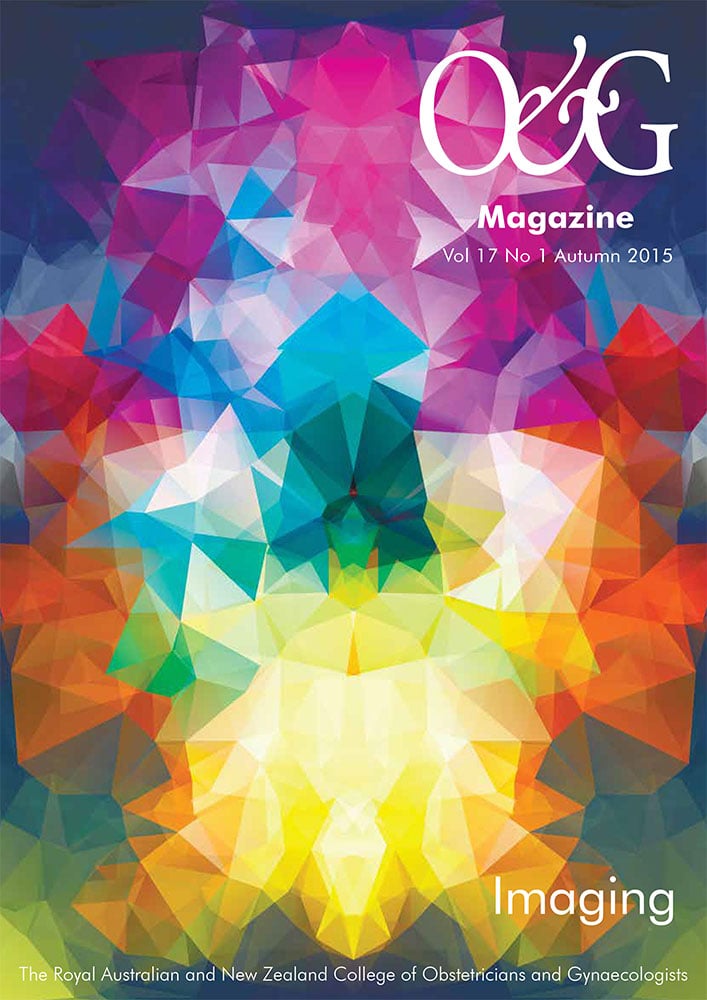Training opportunities and procedural numbers
The article by Dr Rupert Sherwood ‘Controversies in training’ (O&G Magazine Vol 16 No 4) gives a very nice exposition of how RANZCOG can do its best (within the bounds of training opportunities in Australia) to ensure that Trainees who are going to need surgical skills get them. The article begins with a section entitled ‘Do we have a problem?’. I think a fair summary of the five paragraphs in this section is ‘yes’.
In the President’s message in the same issue, Prof Permezel states quite aptly: ‘While competency-based training is catchy phraseology for the educationalist, all who practice recognise the imperative of numbers.’ Prof Permezel also notes ‘few [Trainees] now travel overseas to boost training procedural numbers’. Older Fellows will remember that it was not so long ago that a large proportion of Trainees travelled to the UK and Ireland for part of their training and between 1960 and 1985 a number of teaching hospitals in Australia had routine rotation to a Papua New Guinea hospital for 6–12 months for Trainees. With the UK and Ireland joining the EU it is quite difficult for Australian and New Zealand Trainees to get registrar posts there, and in the 1980s PNG went out of favour for all sorts of reasons.
At Port Moresby General Hospital (PMGH) last year we supervised more than 15 000 births, there were over 4000 gynaecology operations, of which 600 were caesarean sections (CS) and 400 were major gynae operations. The low CS rate (four-to-five per cent) also means there are many cases of operative and complex vaginal births (more than 1000 in 2014). So, I think it is fair to say we ‘have the numbers’. Adequate supervision for Trainees is provided by a group of six consultants, two of whom are Fellows of this College.
We have one fourth-year trainee (female) coming on a ten-month contract at the end of February, and there is a clinical lecturer vacancy that could be filled by a fifth- or sixth-year Trainee or recently qualified Fellow.
If any Trainee or Fellow is interested in a ten-month appointment (the employing agency would be the University of PNG and the appointee would have clinical duties in the PMGH), please contact the undersigned at: [email protected] or [email protected] for more details. The salary is only about AU$40 000 but the benefits include teaching and clinical (particularly procedural) experience that you would not get in most Australian hospitals.






Leave a Reply